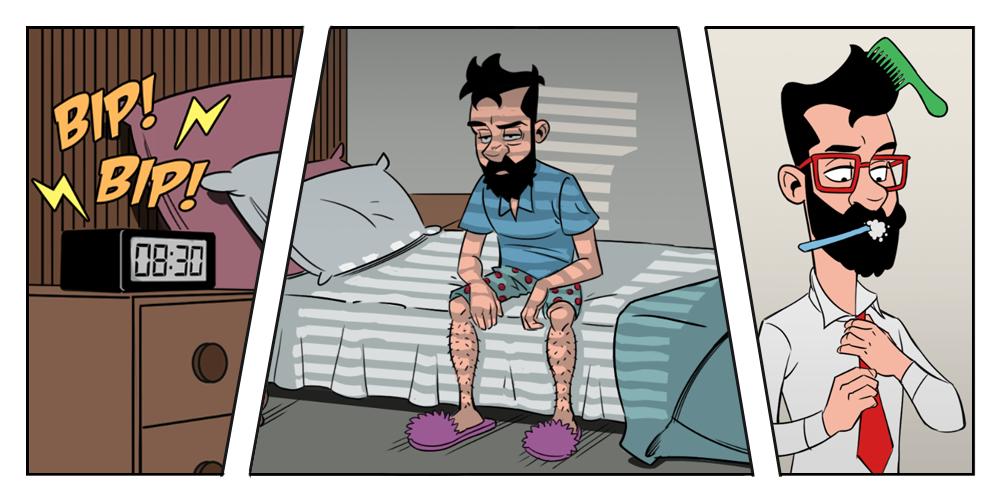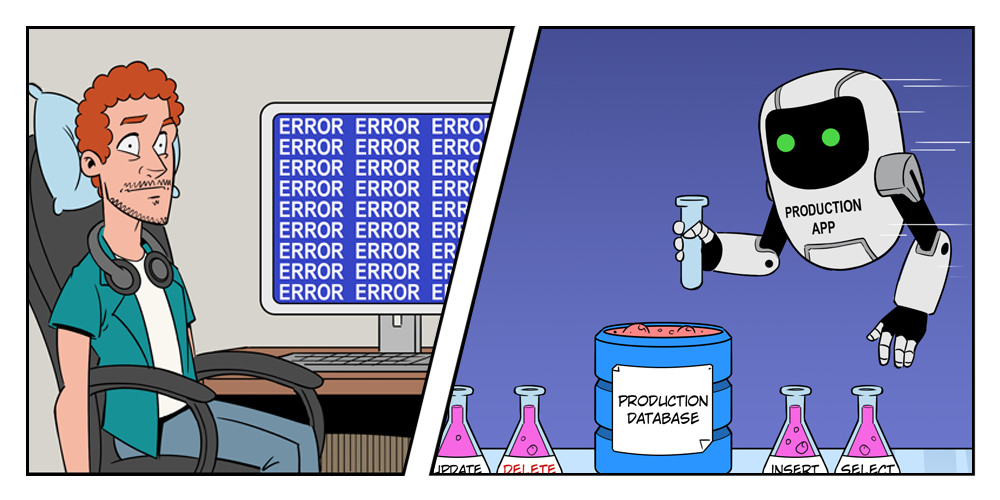In order to address a dire need for strong passwords, Intel came up with World Password Day. It takes place on the first Thursday of the month May, and it should serve as a reminder to reevaluate your digital protection, and maybe give you a slight nudge to reinforce it. As cybercrime and data breaches are as common as ever, boosting your defenses is always a good idea.
One of the so-called founding fathers of this event is Mark Burnett who wanted to invite people to have a password day. He described a need for it in his book Perfect Passwords from 2005, which then inspired Intel to take the initiative and create a World Password Day.
So, let’s go over World Password Day, why it is important, and also talk about how you can improve your passwords.
The Importance of World Password Day
Plenty of things have undergone digitalization, so your contacts, personal information, sensitive documents, and even your money are closely tied to your email, smartphone, or PC. In many cases, the only thing that is guarding your identity and your assets is a password.
Considering the importance of your personal data it is wise to have a strong or tough-to-crack password. World Password Day is there to remind us how much we rely on digitalization, and how fragile security measures can result in a living nightmare.
Just to put things in perspective, there were at least 4 big data breaches back in 2019. The worst one happened back in 2013 when 3 billion Yahoo accounts were hacked and the breach only became apparent in 2016.
Also, the more accounts you have on different platforms you increase the chance of being a victim of cybercrime. So, don’t take these warnings lightly, or you will eventually become a cautionary tale.
Strengthen Your Password
The first thing you should do is have a different password for every account or platform you are using. This way, if one password is hacked it cannot be used to access all of your other accounts. Second, you should avoid using weak passwords. A weak password is typically something related to your home address, your pet name, your hobby, or date of birth. A weak password has a low number of characters and contains up to 3 numbers, and is related to the service that it is protecting. Basically, most of the passwords used today are weak, and the growing concern is ever-present, so as a result, we have a date dedicated to the issue.
To have a strong password make sure you use more numbers and symbols and avoid relying on words. The problem is memorizing the password, and it’s really hassling when you need to login, but you have forgotten it and then you need to reset it. A pretty common story, don’t you think?
In other words, convenience is the price of safety. So you can write these down, keep them hidden in your house, or just deal with the few minutes process of resetting your password. However, if this is too much trouble, there are other things you can do to increase security measures, without changing your password.
Also, a lot of websites have that security question that adds another layer of protection. Once again choose a question and don’t provide a straightforward answer. For example, if the question is the name of your grandmother, use a random word from the Latin language rather than a real name or something related to who you are.
Two-Factor Authentication
Instead of making your password more complex you can make the login process more complex. This is called two-factor authentication - when you use another device like your smartphone, or platform/app to confirm it is indeed you who is trying to log in. This is more secure than a password and a lot of websites that contain personal and important information nowadays have 2FA options in their settings that you can use.
Once it is set up, you will usually get a code via email, app, or SMS when trying to log in, or you would be asked to use another device and confirm it is you. It is highly advisable to explore these options in order to protect your data.
History of Passwords
The concept of a password is really old, it goes back all the way to the Roman military as they used a secret code to identify whether someone is a fellow soldier or a spy. However, the concept of the computer password as we know it today was created back in 1960, by Fernando Corbató, during his time at the Massachusetts Institute of Technology (MIT). The system they used for working at that time consisted of a shared mainframe and when the employees wanted to access personal documents, they used a password. In other words, the method you use on your family PC to access multiple accounts and switch between users is really old.
Of course, the password tech used today is more advanced, as there is encryption or hashing. You generate a code by entering a string of characters, and all of it will be stored in a password database. Although there were speculations that we will outgrow this approach, it appears it is here to stay, and now it even has its own day in the calendar.
Your Part in It
If you plan to create a WPD event this year for inner circle friends and family members, create an indoor gathering or use a Google meet or Skype call, given the current COVID-19 situation. You can create a small presentation on the importance of a strong password, and give tips on how to reinforce their security measures.
In the end, all of you should change the password into a stronger one, and add additional layers of security like 2FA. Sharing helpful password tips on social media, and urging people to take action could also contribute to the cause.
Moreover, you can do this sooner rather than later, as you don’t have to wait for the WDP. You will feel a lot safer if you are hackerproof, and if you stay well educated on the subject. So, don’t stop here, learn other ways to feel more secure online, like using a VPN, clearing your cache, and being on a lookout for online scams.




